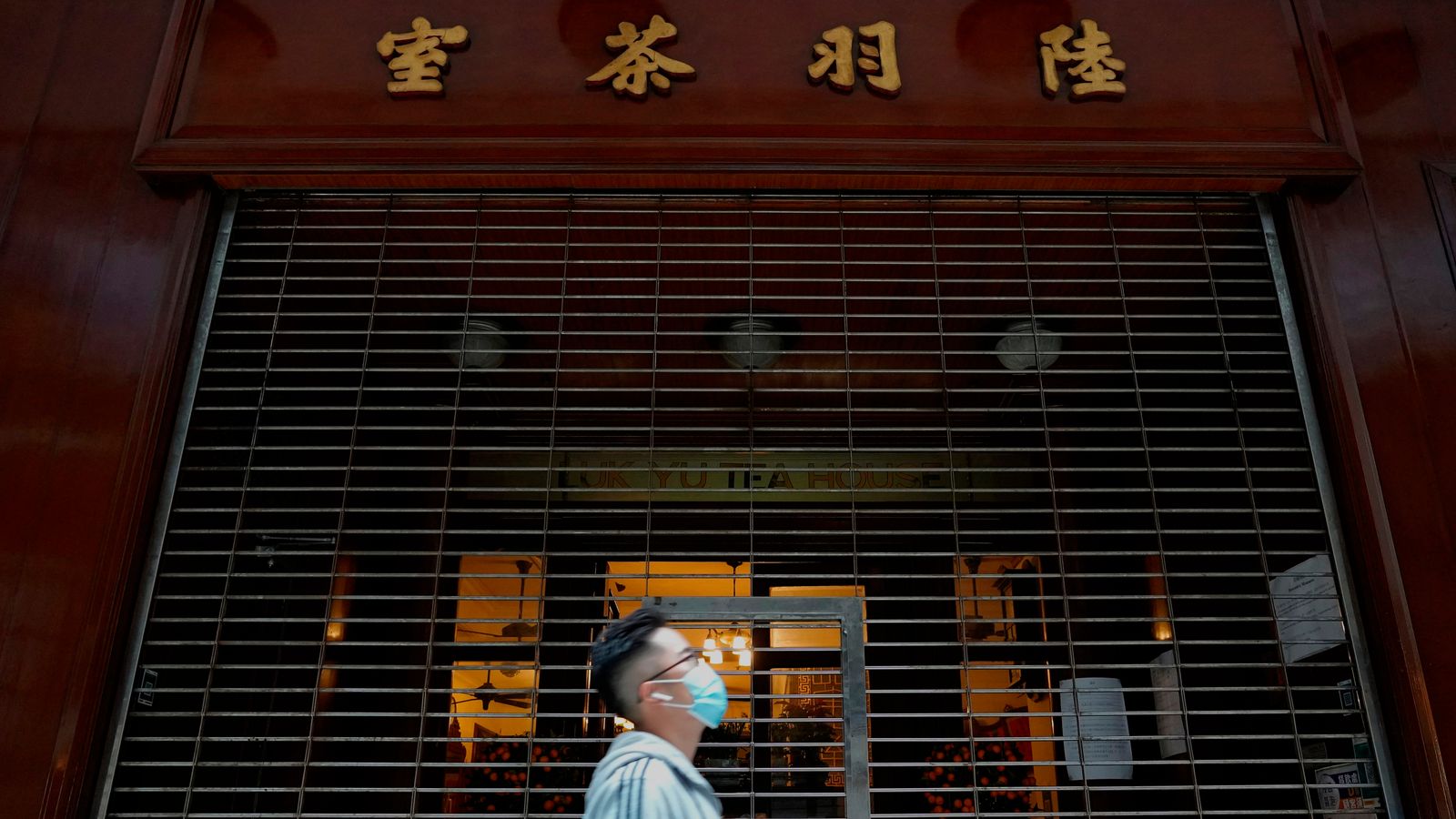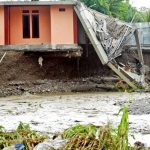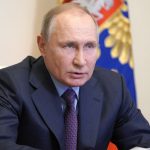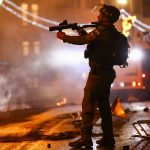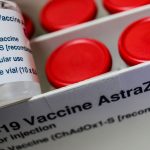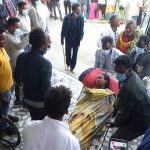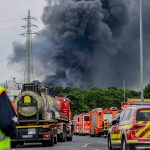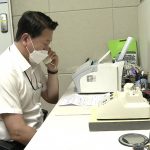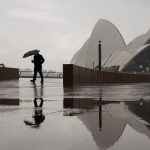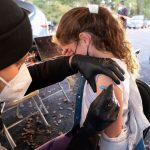Hong Kong is being overwhelmed by an “onslaught” of COVID infections as a fifth wave of the virus pushes the city’s capacity to its limits.
Deaths in the Chinese-controlled financial hub remain far less than in similar-sized cities, however daily infections have multiplied 13 times over the past two weeks.
Cases have risen from around 100 at the start of February to more than 1,300 on 13 February and have left authorities struggling to control the burgeoning outbreak.
It is expected a further 1,530 cases will be reported on Monday – according to broadcaster TVB, citing an unidentified source – which would be a new record for daily numbers.
There are warnings daily infections could rise as high as 28,000.
Hospital beds for COVID patients are already at 90% capacity, data from the Hospital Authority showed.
“The onslaught of the fifth wave of the epidemic has dealt a heavy blow to Hong Kong and overwhelmed the city’s capacity of handling,” said Hong Kong’s leader Carrie Lam.
James Blunt song deployed on protesters in New Zealand following Manilow and the Macerena – after the musician suggested using it
Freedom Convoy: Standoff between police and truckers protesting at US-Canada border continues after more than seven hours
Paris police fire tear gas at anti-restriction ‘Freedom Convoy’ protesters
“The situation is highly undesirable and the government feels worried and sorry about it,” she said.
China has said it will help the city with testing, quarantine, and treatment resources and secure resources ranging from rapid antigen kits to fresh vegetables.
Hong Kong imports 90% of its food and some supplies have been disrupted after cross-border truck drivers tested positive for the virus.
Following the death of a four year old this week, the government said children aged three and up would be eligible for a vaccine from tomorrow, 15 February.
Since the start of the pandemic, Hong Kong has reported around 24,000 infections and 200 deaths.
The city, like mainland China, is working on a “zero-COVID” policy and looks to curb any outbreaks as soon as they occur – in contrast with other countries, including the UK, who are trying to live with the virus.
Strict flights have effectively turned Hong Kong into one of the world’s most isolated cities and Beijing will not let borders to mainland China be reopened unless the city reaches zero cases.
Residents in Hong Kong are banned from public gatherings of more than two people, while most venues – including schools, churches, and gyms – are all shut. Dining in restaurants is banned from 6pm and most people continue to work from home.
From the end of February, a vaccine pass will allow only vaccinated people to visit places including shopping malls and supermarkets.
Hong Kong residents have expressed growing frustration at the tight restrictions.
In a long line outside a vaccination centre on Thursday, retiree Ken Wong, 70, said: “This is insane.
“There is no way to reach zero cases. If we are going to achieve zero cases it would mean everyone’s wallet will become empty because a lot of people will be out of work and have no income.”
Practices, such as sewage testing to find traces of the virus and then demanding whole communities be tested if it is detected, are also stretching the patience of residents enduring long lines at testing centres.
Follow the Daily podcast on Apple Podcasts, Google Podcasts, Spotify, Spreaker
A former British colony, Hong Kong was handed over to communist-ruled China in 1997. Under the “one country, two systems” principle it was to retain its own political, social, and financial institutions for 50 years.
However, in recent years China has been tightening control, stamping out political opposition, and curtailing free speech.
